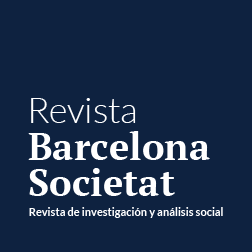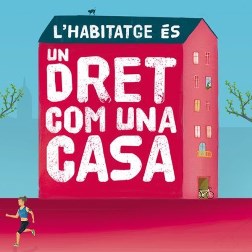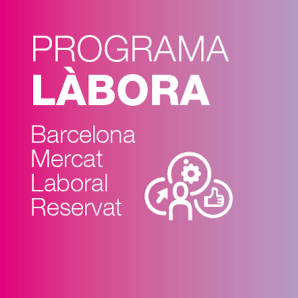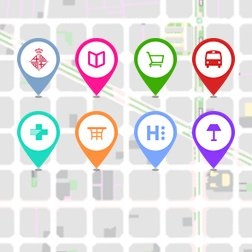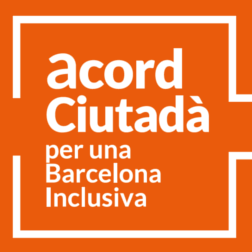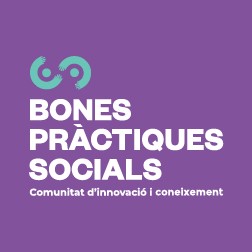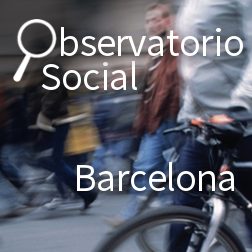Over 3,400 women take part in activities to promote tech equity
31/03/2022 - 20:52
Some 75% of the steps set out in the government measure on gender equity in tech environments for the period 2021-2023 have now been completed or are in progress, with 3,406 women having taken part in the various training and tech skills-acquisition programmes. The main goal is to reduce the digital gender divide and promote a stronger presence of women in the digital and tech sphere, a strategic sector for the city’s economic development.
Barcelona has a solid position as one of Europe’s most important digital hubs, with one of the strongest industries for creating jobs in the coming years. Yet women occupy just 26% of jobs in the ICT sector and only 8.6% of technical posts. These figures demonstrate the digital divide in the tech sector, highlighting the segregation and the increase in gender inequalities within one of the city’s economic drivers.
More women in the tech sector
In order to address this, last year saw the introduction of the Government Measure for Gender Equity in Tech Environments 2021-2023. With a budget of 2,253,822 euros and a rollout period spanning three years, the plan set out fifty steps to promote gender equity in the city’s ICT industries and promote feminism as a central theme for the construction of the digital society.
Action to foster training and skills acquisition
Since the measure was introduced, 3,406 women have benefitted from the activities included in it. Notable examples include:
- BCN Fem Tech skills-acquisition programme, consisting of free intensive training in web development for women in vulnerable situations. This has allowed 70% of participants to find work. This afternoon, two intakes of women who completed the training took part in a graduation ceremony in the Saló de Cent, at the City Hall.
- GETHub network, a public-private initiative to bring together companies in Barcelona which are committed to gender equity in the tech sector, the goal being to drive specific measures to reduce the gender divide and get women into more technical and management jobs with organisations. The network currently has thirty companies with a potential interest in joining and committing to gender equity within their organisations.
- Matchimpulsa programme: over 600 hours of training and advice have been devoted to the social and solidarity economy (SSE) to help the Barcelona Social and Solidarity Cooperative Economy onto digital platforms.
- BCNFemTech network: over 50 women belong to the network, with 26 attendees at feminist tech activities at the Canòdrom Digital Innovation Centre.
- Basic tech training at the Barcelona Activa Cibernàrium: 1,794 women over the age of 45 have taken part in this training. The centre has also provided 206 sessions of basic and advanced skills acquisition with open-source software and 18 activities as part of the Biennial of Thought, the Science Festival, the Escolab and Citizen Science programmes with the gender perspective.
- Students from 194 schools have also taken part in programmes for research, science and technology during the 2021-2022 school year, to foster science vocations.
- BCN Fem Tech awards, given to four projects with the goal of gender equity in the ICT sector, with a monetary prize of 8,000 euros for each one.
Three-year project
Fulfilment of the measure is at an advanced stage, as 25 out of the 33 steps in it (75.7%) have either been completed or are currently in progress. Various stakeholders are taking part to ensure the multi-perspective nature of the measure, such as the public administration, the third social sector, companies, universities and citizens. By type, actions geared towards bridging the digital gender divide through active employment policies and an ICT skills-acquisition programme for women account for 16 steps (48.5% of the total). After this, there are 11 to provide visibility, recognition and support for women in this sector and jointly generate action (33.3%), and finally, six steps designed to awaken and inspire tech vocations among girls from early childhood (18.2%).





